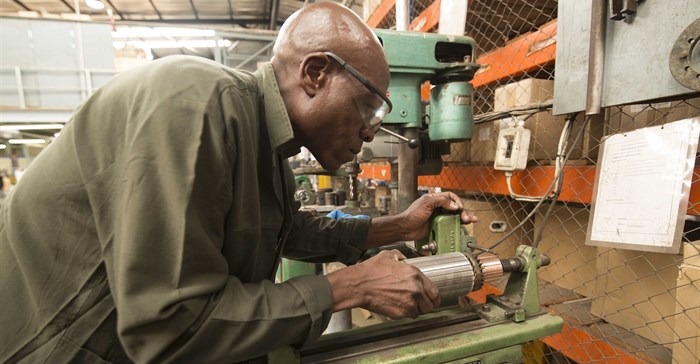
Top stories






More news











Logistics & Transport
Uganda plans new rail link to Tanzania for mineral export boost














“Remanufacturing refers to the re-building of old or used products - that are regarded as scrap - to the exact specifications and quality of the original, manufactured product,” says Rovelli. “In the remanufacturing of automotive parts such as starters, alternators and engine cooling fan hubs, this involves sourcing the old product, known as the ‘core’, stripping it back to its singular parts and then carefully rebuilding those parts into a quasi brand new product.”
“In remanufacturing, the part must be completely disassembled, cleaned and examined for wear and breakage,” says Rovelli. “Worn out, missing or non-functioning components are replaced with new or remanufactured components to OEM specifications. After all work is done, the part is reassembled and thoroughly tested for absolute compliance with OEM performance specifications.”
Rovelli highlights that there is a great cost benefit to remanufacturing. “At a time when import costs are exceptionally high in South Africa, it makes business sense to use existing, core products that are old or deemed as scrap, to build these up again into a high-quality yet cost-effective product, due to not having attracted import duties. This is a saving that can be passed onto all tiers of customers, including resellers and the direct public.”

Remanufacturing need not only apply to motor vehicles, but for heavy-duty equipment such as bus and truck fleets, farming and construction equipment as well. “In these markets, rebuilt parts are often the quickest and most satisfactory solution to getting a vehicle back in operation.”
And do customers have concerns about remanufactured parts rather than new? “A properly 'rebuilt' automotive part is the functional equivalent of a new part and is virtually indistinguishable from a new part,” says Rovelli. “In fact, we are required to clearly label parts as 'remanufactured' so that they are not mistakenly accepted as new.”
Beyond the commercial benefits, remanufacturing also plays its part in contributing towards a sustainable future. “Remanufacturing is a sustainable practice that limits the negative impact on the environment, by utilising re-usable materials,” says Rovelli.